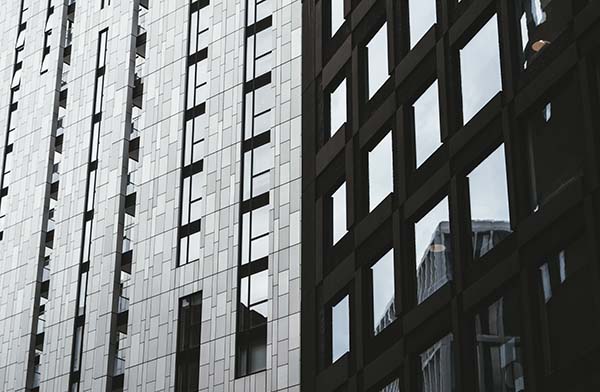What is the new Building Safety Act and what does it mean for developers?

In May 2022, the Building Safety Bill was given royal assent, entering it into legislation as the Building Safety Act 2022.
This Act is a significant development and contains provisions that will alter other key pieces of legislation. Its aim is to reform building safety, particularly of high-rise buildings, and to create greater accountability and responsibility for safety throughout the construction industry.
The regulations will be put in place through secondary legislation, which means further consultation will be necessary, but developers should still familiarise themselves with the changes.
Why has the Building Safety Act been introduced?
The Building Safety Bill was introduced to the parliamentary process in the wake of the devastating Grenfell Tower fire in June 2017, which led to the greatest loss of life in a residential fire since the Second World War.
Subsequent investigations into building safety and fire regulation were published in the Hackitt Report, which gave 53 recommendations to instigate a full culture change throughout the construction industry. These recommendations were endorsed by the government and have helped to inform the final Building Safety Act.
What changes do developers need to be aware of?
Greater accountability and responsibility
The Act introduces more responsibilities for key people in the design, development, construction and management process of buildings, particularly for high-rises (those over 18m or 7 storeys with at least 2 residential units). This ensures that safety is considered throughout the lifecycle of the building.
As a developer, you will therefore need to ensure that there are clearly identified people who are responsible for, and conscious of, the safety of the finished development. These people will become ‘dutyholders’ and will include you, the principal designer, additional designers, principal contractor and other contractors involved in the project. Information and documentation about fire safety risks and other aspects of safety must be gathered and kept for every stage, creating a ‘golden thread’ of information about the development.
As part of this initiative, remediation from at-fault developers and other stakeholders will also be expected in order to crack down on bad practice. Under the Act, the government has vastly increased the time period for which residents can seek compensation for below-par construction work, rising from 6 years to 15. This will also be applied retrospectively, which means that claims that had previously fallen outside of the time limit could now be valid.
3-stage gateway system
The new emphasis on accountability has led to a new gateway system. This will ensure that safety is ingrained in the project from the very beginning to the end.
The first gateway is focused on planning. It means that as a developer you will need to consider fire safety at the very earliest stages. To apply for planning permission, for instance, you will be expected to include a fire statement.
The second gateway is more focused on design. Construction dutyholders will need to gather and submit information that demonstrates how the finished building will meet building regulations. This will then be reviewed by the Building Safety Regulator.
The final gateway is roughly equivalent with the completion certificate phase. The building will be assessed to see if it meets regulations, and you will be required to submit all information on the final building to the regulator. If approved, you will be issued with a certificate. If not, your building control sign-off will be blocked.
New Homes Ombudsman
Under the new act, a New Homes Ombudsman will be created to give residents and leaseholders a stronger voice. All developers must sign up as members and remain as members thereafter.
The ombudsman will then work as a recipient of complaints about the quality of new-build construction, and will be able to escalate these complaints and investigate members if appropriate.
Get a quote
If you would like to arrange a quote for a structural warranty, please get in touch with us on 01603 218288.